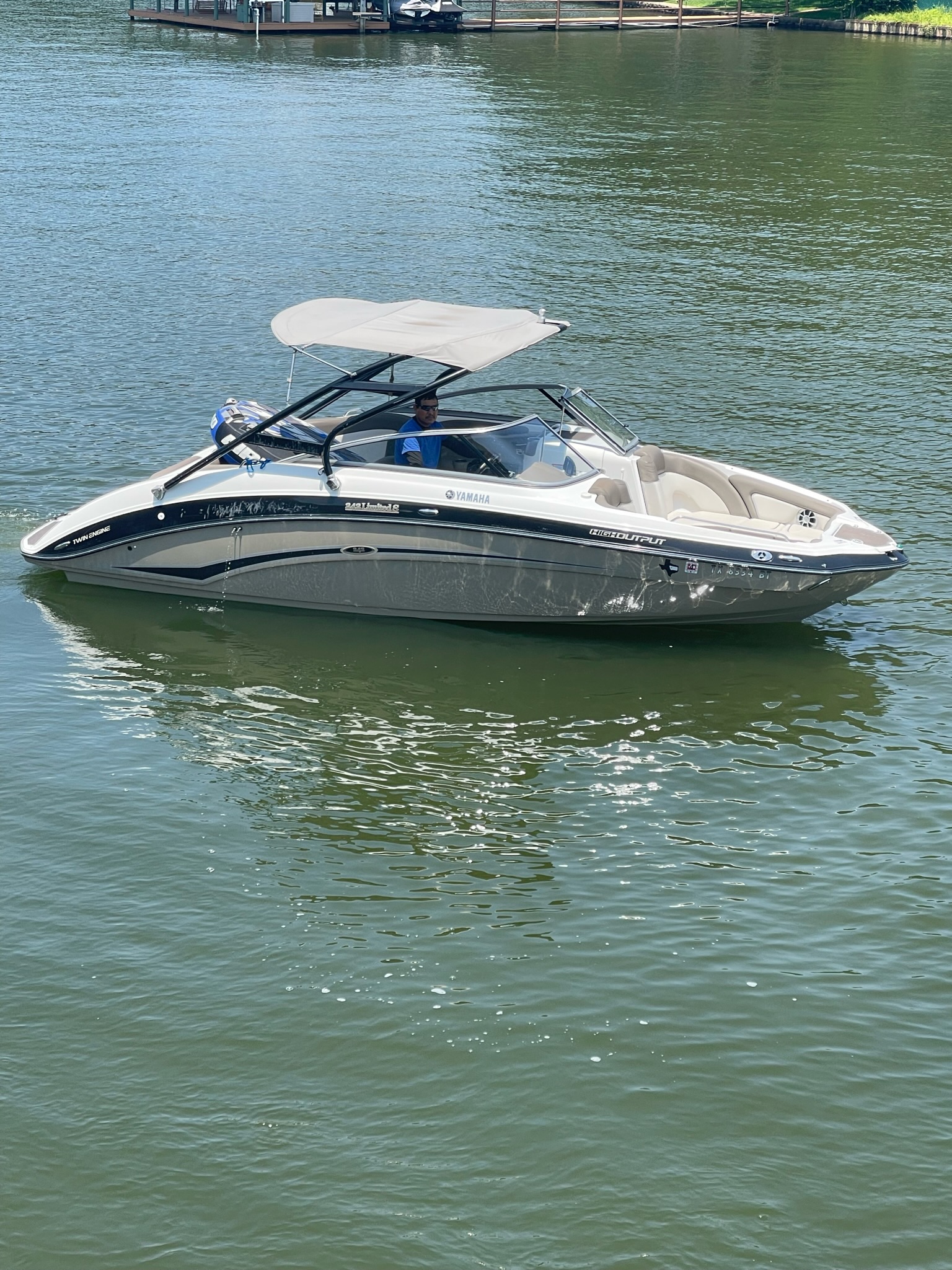As the summer season approaches, many people are looking forward to spending time on the water. Safe boating, whether you’re a seasoned sailor or a novice, begins with understanding and adhering to boating safety principles. In this blog post, we will delve into the four key principles of safe boating that everyone should know.
1. Wear Personal Floatation Devices
The first and perhaps most important principle of boating safety is wearing life jackets. According to the U.S. Coast Guard, nearly 85% of drowning victims in boating accidents were not wearing life jackets. It’s not enough to just have life jackets on board; they need to be worn at all times.
Life jackets have evolved over the years and are now more comfortable and less obstructive than ever before. They come in various sizes and designs suitable for different water activities, making it easier for everyone on board to find one that fits well and is comfortable.
Remember, a life jacket can only save your life if you’re wearing it. Make sure every passenger has their life jacket on before leaving the dock.
2. Understand Navigation Rules
Just like cars on roads, boats on water also have rules to follow for safe navigation. Understanding these rules is the second principle of boating safety.
These rules include understanding right-of-way protocols, recognizing navigational signs and markers, using lights correctly at night or during poor visibility conditions, and adhering to speed limits.
Failure to understand or comply with these rules can lead to dangerous situations or even collisions on water. Therefore, before setting sail, ensure you familiarize yourself with basic navigation rules.
3. Regular Vessel Maintenance
The third principle of safe boating involves regular vessel maintenance. Just as you wouldn’t drive a car with faulty brakes or bald tires, you shouldn’t operate a boat that hasn’t been properly maintained.
Regular vessel maintenance includes checking engine performance, fuel systems, electrical systems, and the hull’s integrity. It also involves ensuring that all safety equipment, such as life jackets, fire extinguishers, flares, and communication devices are in good working condition.
A well-maintained boat not only ensures your safety but also enhances your boating experience. Regular maintenance can prevent breakdowns that could leave you stranded or in dangerous situations.
4. Stay Sober and Alert
The fourth principle of boating safety is to stay sober and alert. Operating a boat under the influence of alcohol or drugs is not only illegal but also extremely dangerous. According to the U.S Coast Guard, alcohol use is the leading known contributing factor in fatal boating accidents.
Staying alert while on water is equally important. Be aware of your surroundings, including other boats, swimmers, buoys and changes in weather conditions. Fatigue can be just as dangerous as intoxication on water; therefore ensure you are well-rested before your boating trip.
Conclusion: Boating Safety is Everyone’s Responsibility
In conclusion, safe boating relies on everyone on board understanding and adhering to these four principles: wearing life jackets at all times; understanding navigation rules; regular vessel maintenance; and staying sober and alert.
Boating safety should never be taken lightly or ignored. By following these principles, you can ensure a safe and enjoyable time on the water for you and your passengers.
Remember that being a responsible boater not only means taking care of yourself and your passengers but also respecting other boaters and protecting our precious marine environment.
So before you set sail this summer season, take some time to review these principles of safe boating. Your safety—and indeed your life—may depend on it!






Recent Comments